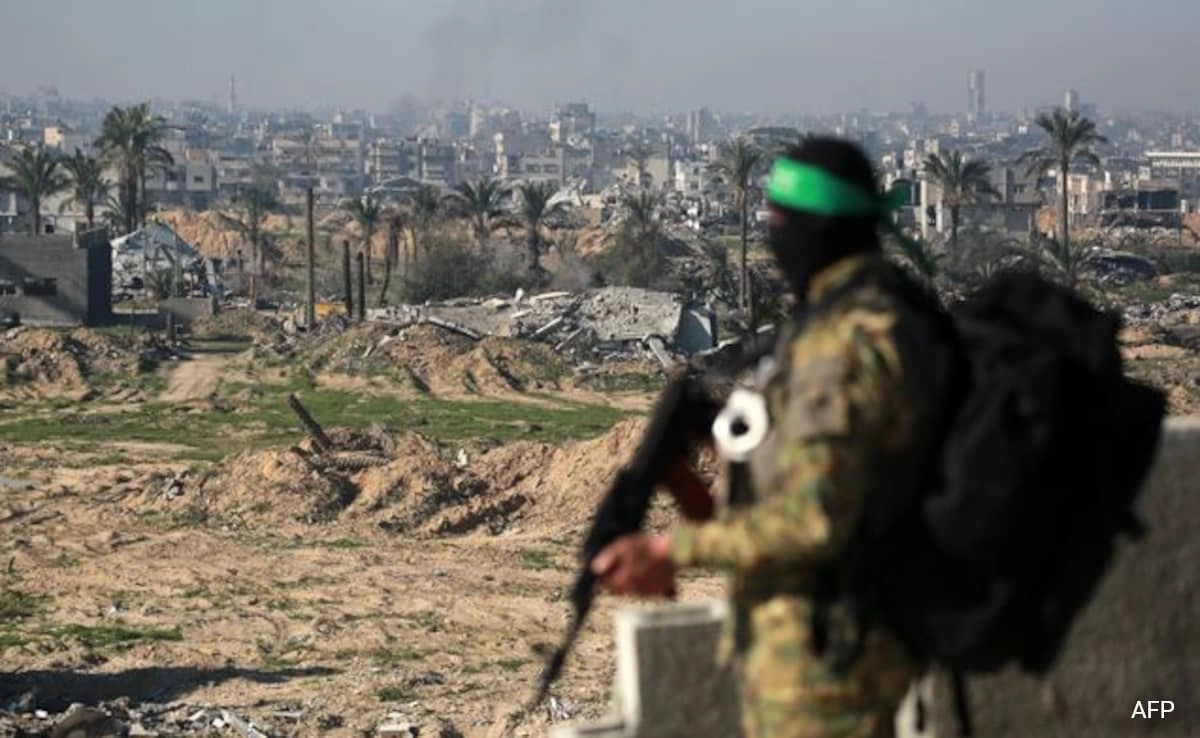Iran has strongly condemned the latest round of sanctions imposed by the United States, labeling them as a form of “economic terrorism.” The Iranian government argues that these sanctions are not merely a tool of economic policy but rather a calculated strategy aimed at undermining the nation’s economic stability and inflicting hardship on its citizens. By targeting critical sectors of the economy, including oil exports and financial transactions, the U.S. sanctions are perceived by Iranian officials as an attempt to weaken the nation and diminish its influence in the region.
The Iranian leadership has characterized these punitive measures as an assault on national sovereignty and an infringement on the rights of the Iranian people. They believe that the sanctions disproportionately affect ordinary citizens, leading to rising inflation, unemployment, and a decline in living standards. The Iranian government contends that such actions are counterproductive, as they only serve to unify the populace against perceived external aggression and bolster national resilience. In this context, Iran insists that it will continue to resist U.S. pressures and seek alternative avenues for economic cooperation with other nations.
Moreover, Iran’s response to the sanctions extends beyond rhetoric, as officials are actively exploring partnerships with countries that share a mutual interest in countering U.S. influence. The Iranian government is looking to strengthen ties with nations in Asia and Europe, seeking to build a coalition that can withstand the economic pressures exerted by the U.S. sanctions. This strategy underscores Iran’s determination to navigate through the challenges posed by the sanctions while simultaneously asserting its position on the global stage.
In conclusion, the Iranian response to the renewed U.S. sanctions reflects a broader narrative of resistance against what it perceives as unjust economic warfare. The characterization of these actions as “economic terrorism” highlights the severity with which Iran views the impact of sanctions on its economy and society. As tensions continue to simmer between Iran and the U.S., the implications of these sanctions extend beyond immediate economic concerns, influencing geopolitical dynamics in the region and shaping Iran’s foreign policy for the foreseeable future.




